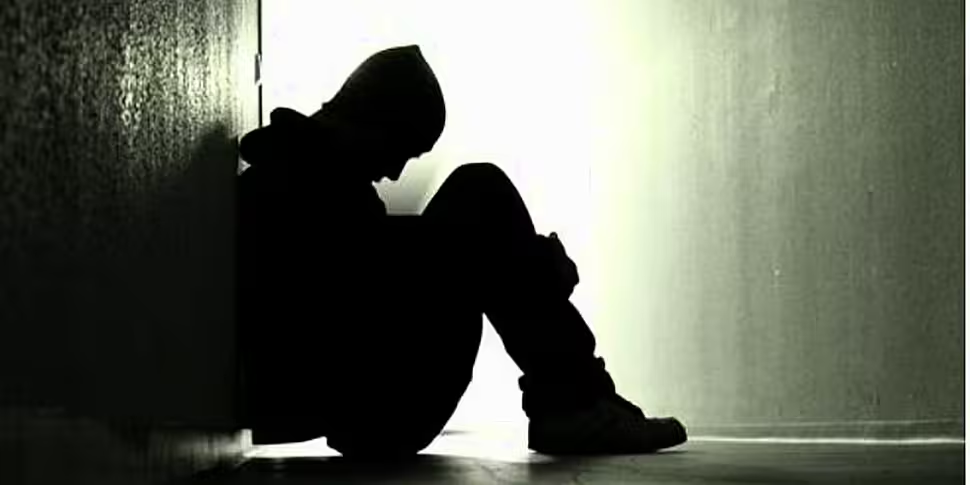LGBTI young people are three times as likely to have attempted suicide and twice as likely to self-harm.
The findings are compared to the 'My World National Youth Mental Health' study.
The LGBTIreland report also finds that LGBTI young people in the study had four times the level of severe or extremely severe stress, anxiety and depression.
Some 2,264 people took part in the survey carried out by the Gay and Lesbian Network, GLEN.
The report shows that a majority of LGBTI people aged 26 and over are doing well, report good self-esteem and are proud of their LGBTI identity.
However, these positive findings are not shared across all age groups.
It finds that LGBTI people still face considerable barriers to good mental health - including bullying at school, fear of rejection and discrimination, harassment and violence and negative attitudes and stereotypes.
Some 56% of LGBTI 14 to 18-year-olds had self-harmed, 70% had suicidal thoughts and one-in-three had attempted to take their own lives.
Speaking at the launch of the report, former president Mary McAleese said: "This scholarly report is as essential and revealing as it is horrifying".
"The ongoing damage is undeniable. That it involves so many young people is tragic. That it is soluble is the good news", she added.
Professor Agnes Higgins of Trinity College Dublin, who led the research team, said: "As well as differences across age groups The LGBTIreland Report also found differences among LGBTI people".
"The research reveals that there is a hierarchy of risk among LGBTI people, with intersex, transgender and bisexual people reporting poorer mental health outcomes compared to gay men and lesbian women".
'Hierarchy of progress'
"This hierarchy of risk reflects the fact that more progress has been made on reducing homophobia in Ireland than biphobia and transphobia".
"This hierarchy of progress highlights the need for increased advocacy and support for bisexual, transgender and intersex people and to address the diversity of needs within the LGBTI community", Prof Higgins added.
Odhran Allen, director of mental health at GLEN, says the report shows widespread misunderstanding.
"People think that you can't know that you're LGBT at age 12, even though age 12 is the age that most people knew they were LGBT in the study", he said.
"And also, some adults believe that you can become convinced to become LGBTI if the topic is discussed in school".
"So we need to overcome this misunderstanding and these negative attitudes towards LGBTI people that still exist in Irish society" he added.
While Dr Carol Anne O'Brien, director of advocacy at BeLonG To Youth Services, spoke to Newstalk Breakfast.
Support for LGBTI people and their families is available at www.lgbt.ie, www.teni.ie , www.yourmentalhealth.ie or www.lgbtmentalhealth.ie.
To talk to someone in confidence, call the LGBT Helpline on 1890-929-539.
A full list of LGBTI youth services around the country is available here.









